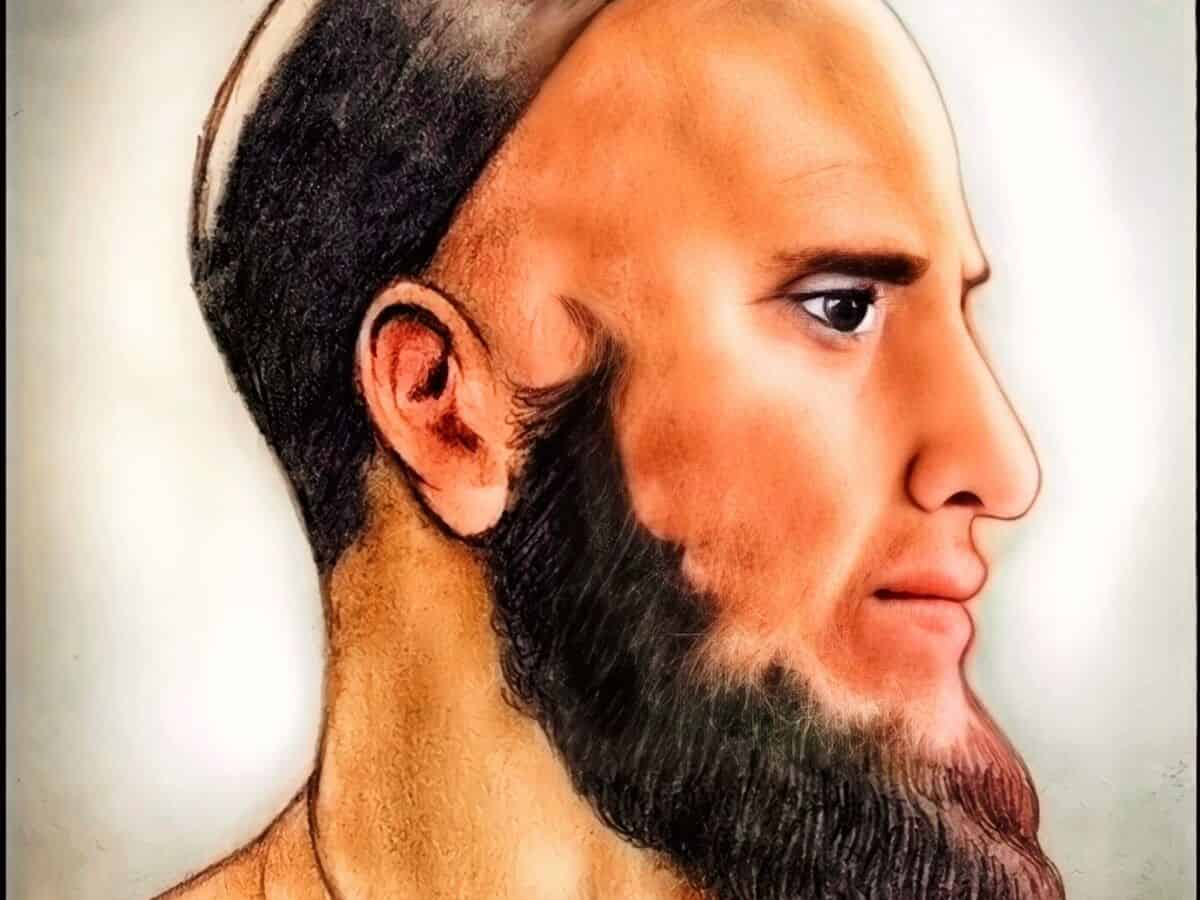
Mohammad Sher Ali, an embodiment of the anti-British spirit, was born in 1842 in Peshawar, presently in Pakistan.
He was inspired by the Wahabi movement that arose against the British at a younger age. His family migrated to Ambala from Peshawar in 1863. He was sentenced to death on 2 April 1868, by the British court in a case of personal clashes. However, the death sentence was reduced to life imprisonment because of his good behaviour in jail and he was transferred to the jail in Andaman.
He was worried in Jail for his inability to do anything to his fellow countrymen. He was planning to take revenge against the British. He carefully designed a plan to reach his goal. He gained the confidence of the prison officials with his balanced behaviour and could secure an appointment as a barber to give hair cut to co-prisoners.
Mohammad Sher Ali was given material that can be used for hair-cutting work, which there was a sharp knife which he wanted to use to avenge himself on the enemy. While he was waiting for an opportunity, the British Viceroy Lord Mayo visited the Andaman Jail on February 8, 1872. Sher Ali was eagerly waiting to take revenge. He was awaiting the arrival of British official Lord Mayo.
While the Viceroy was inspecting prison cells, Mohammad Sher Ali suddenly jumped over and assaulted the Viceroy with his knife. Thus he killed the Viceroy within no time. Later, he openly admitted his crime in the trial and said, ‘I left all hopes on my life when I joined the movement for the freedom of my country. I was able to eliminate at least one of our enemies. I was able to perform my duty. All of you would be the witness for my noble duty in the court of God.’
Mohammad Sher Ali was again sentenced to death for killing the Viceroy. Before being hanged, Sher Ali said that ‘he was not repenting for his deed, rather felt proud.’ He was hanged on 11 March 1872 at Viper Island. Historian Shantimoy Roy paid glowing tributes to him saying that ‘Martyr Mohammad Sher Ali had become the role model for his next generation of revolutionaries, who fought against the British, as they were inspired by his gallantry, patriotism and commitment towards the cause of the country.’



